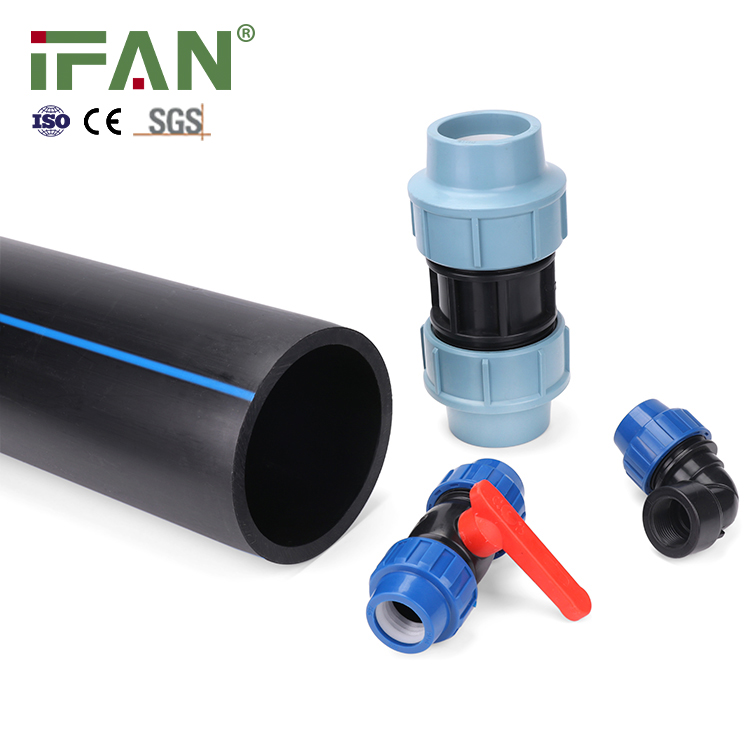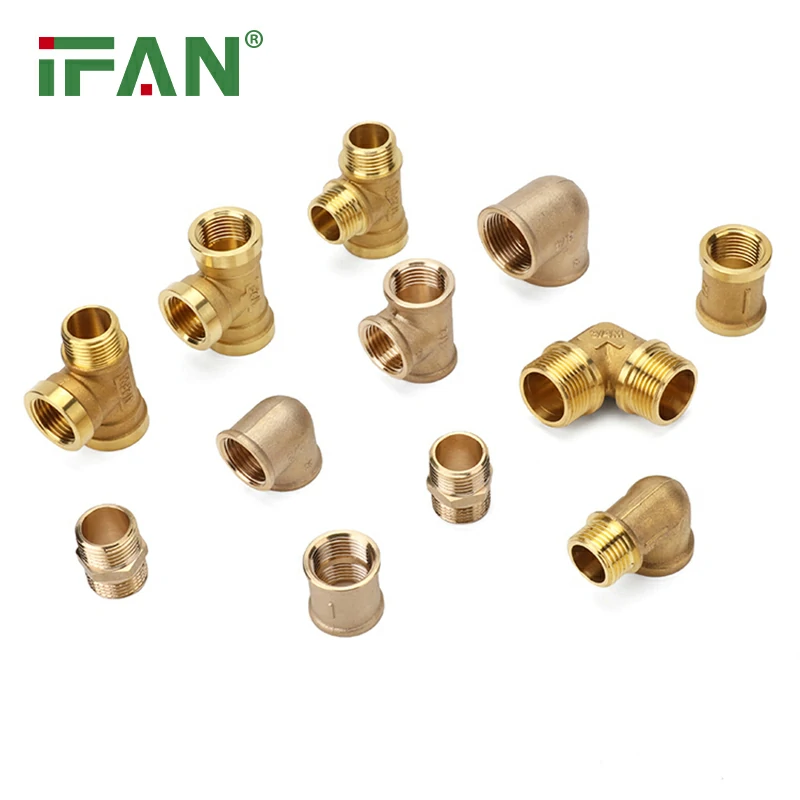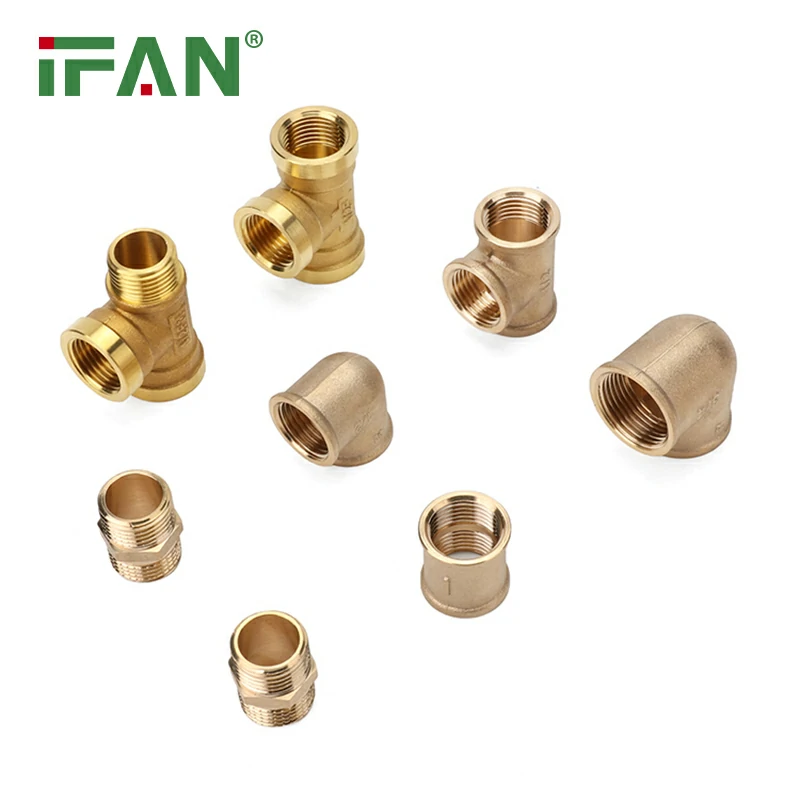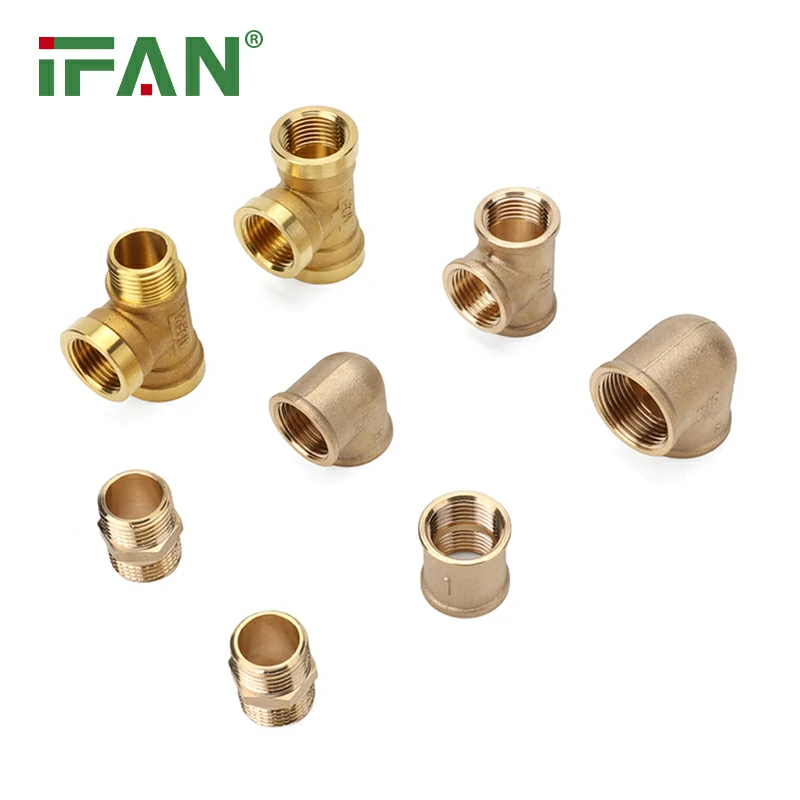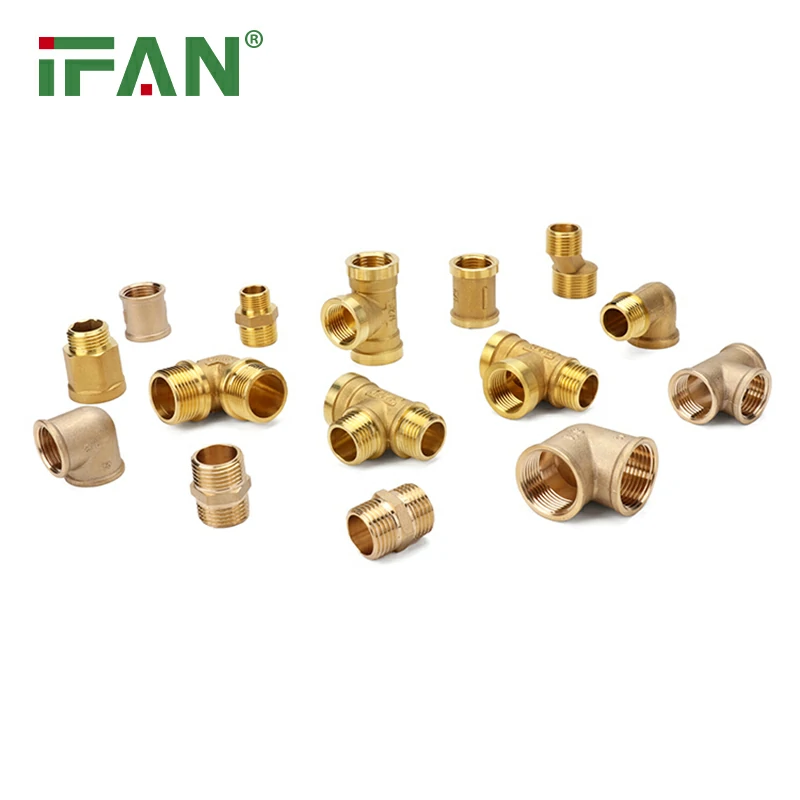Introduction:
When it comes to piping systems, one important aspect that should not be overlooked is the fittings. They play a crucial role in the installation, operation, and maintenance of the system. High-density polyethylene (HDPE) fittings are known to be durable and reliable. This article will discuss why HDPE fittings should be considered for your piping system.
Durability of HDPE Fittings:
HDPE fittings are made from high-quality materials that can withstand extreme weather conditions and various chemical substances. They are tough and can resist impact and abrasion. HDPE fittings have excellent resistance to corrosion, which ensures that they will last for a long time without the need for constant repairs and maintenance.
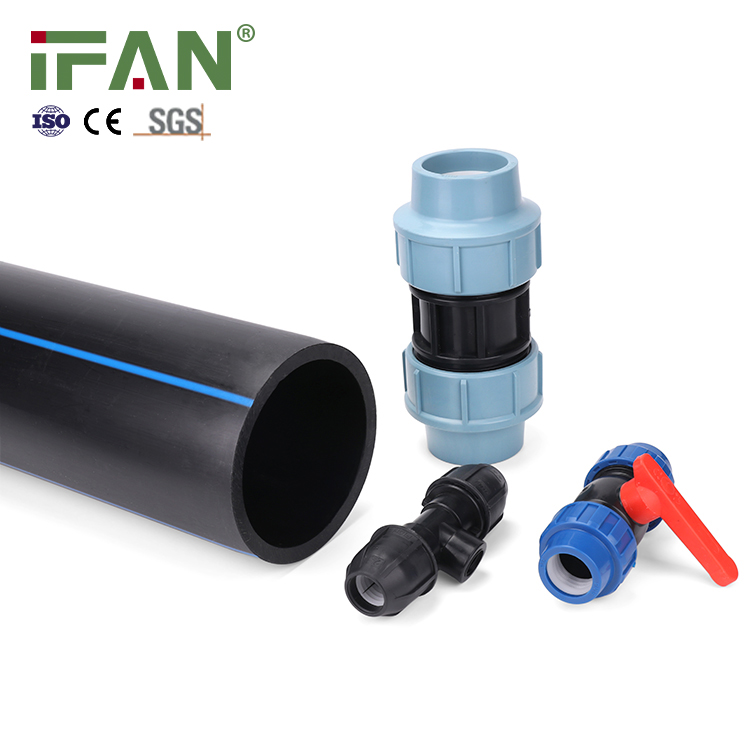
Reliability of HDPE Fittings:
HDPE fittings are designed to ensure that they have a perfect fit with the pipeline. This guarantees that there will be no leaks in the system and thus increases the reliability of the system. The fittings are also flexible, which makes them easy to install and connect to the pipeline.
Cost-Effective:
HDPE fittings are cost-effective in the long run, as they require less maintenance and have a longer lifespan than alternative materials. The fact that they are lightweight and easy to install reduces labor costs.
Wide Range of Applications:
HDPE fittings are versatile and can be used in various applications, such as water supply, gas distribution, and sewage systems. They are suitable for underground and above-ground pipe installations, making them ideal for multiple projects.
Environmentally Friendly:
HDPE fittings are environmentally friendly as they are made from recyclable materials. They are also resistant to corrosion, which ensures that they will not leak harmful chemicals into the environment.
Conclusion:
In conclusion, HDPE fittings are an excellent choice for your piping system. Their durability, reliability, cost-effectiveness, versatility, and eco-friendly nature make them an ideal option. They can withstand challenging conditions and are easy to install, ensuring that your pipeline is safe, efficient, and long-lasting.
